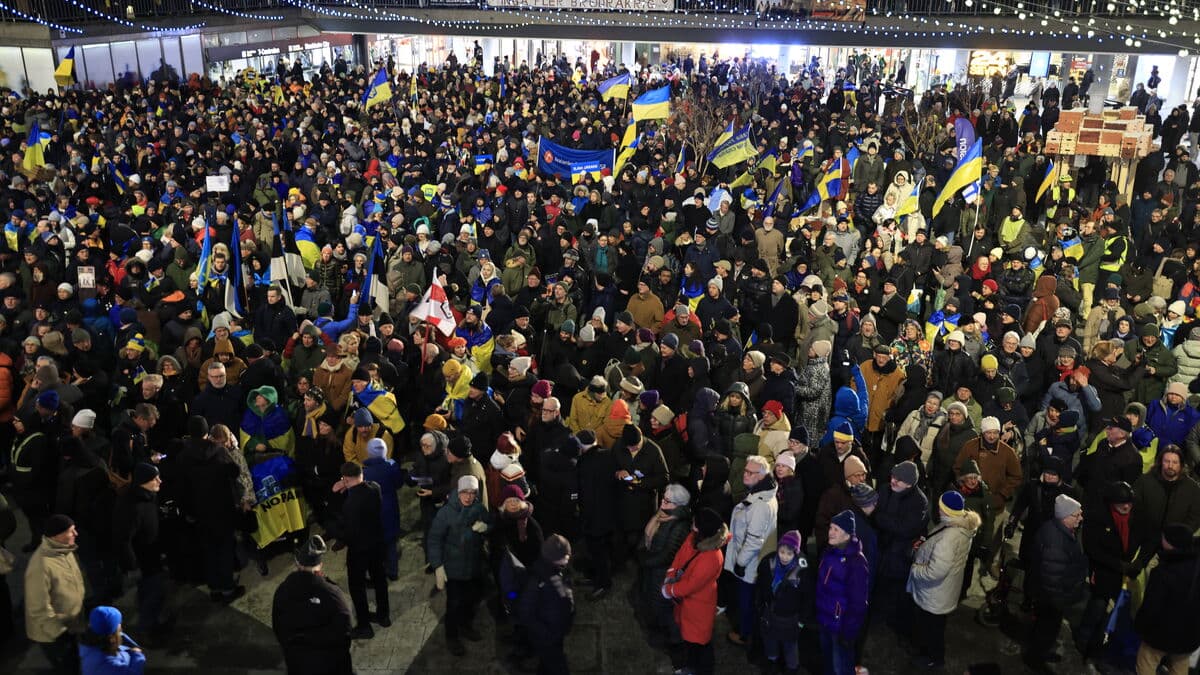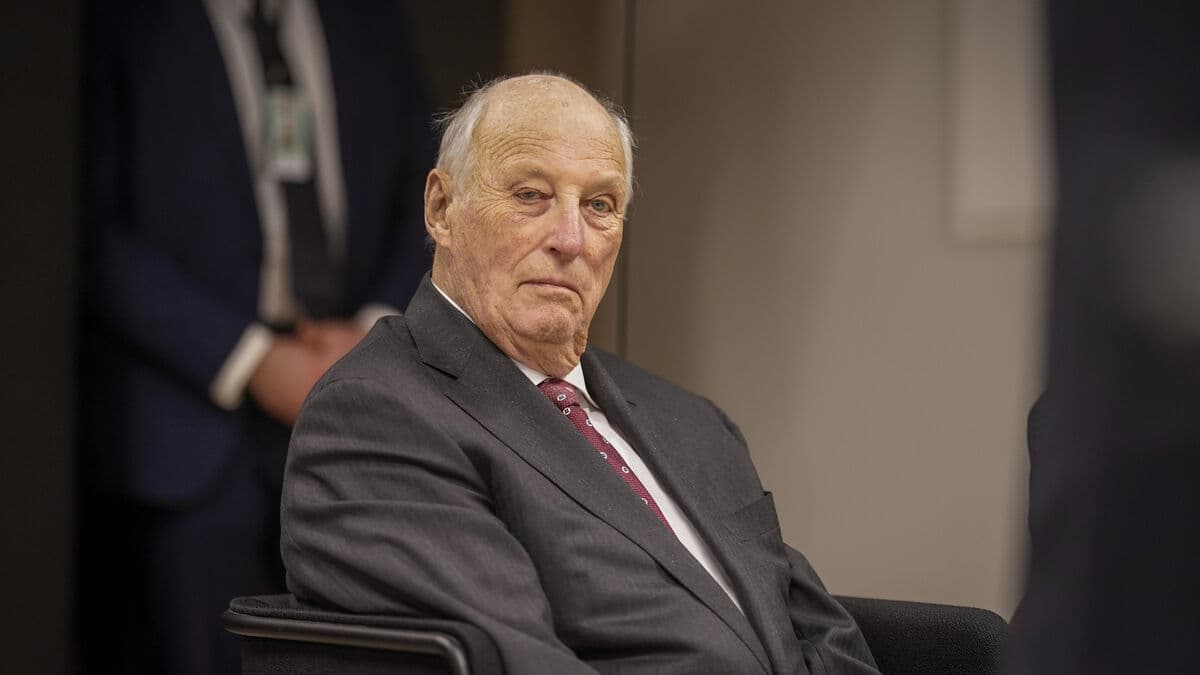It was on Saturday that the news came that Iran-backed Hezbollah's leader Hassan Nasrallah had been killed in an Israeli attack on southern Beirut. The recent days' attacks have also taken the lives of several other Hezbollah leaders, destroyed much of the movement's weapons, and killed a total of over 1,000 Lebanese.
How should one interpret the recent week's attacks?
What Israel has done with these operations is to show that they are a force to be reckoned with. They are trying to recreate a deterrent by showing that they can strike the enemy: anywhere, anytime, and in any way, says Magnus Ranstorp.
.
How will Hezbollah respond?
Right now, the chaos within Hezbollah is enormous. The longer it takes, the harder it will be, but Hezbollah must get its internal affairs in order now (before responding), says he.
.
What does the near future hold?
For Hezbollah's part, they must first and foremost establish a new leadership, emphasizes Ranstorp. After that, they can decide how to respond to Israel's attacks. It is clear that plans for a larger response are being made in consultation with Iran, which supports Hezbollah financially, economically, and logistically. Ranstorp believes that the response may include a combination of rocket and robot attacks, as well as joint operations against Israel.
But it may take time for them to respond to this. I have been working on this for 30 years and have mapped Hezbollah. The Israeli operations are on a scale we have never seen before.
.
Will Iran try to avenge?
Iran will lose if the country gets into a large-scale war. They do not want a regional war, which is why they are working through proxies. These other groups will take the hit, says Magnus Ranstorp.
He refers to the events of 1992, when Israel killed Hassan Nasrallah's predecessor Abbas al-Musawi. A month later, a car bomb exploded at Israel's embassy in Buenos Aires, Argentina's capital. New plans to kill and kidnap Israelis, both in and outside Israel, are a possible scenario going forward, according to Ranstorp.
There was already a high threat against Israelis, warnings were issued in connection with the anniversary (of the Gaza War's start) on October 7.
.
How is Israel expected to act?
One scenario is that Israel continues with precision bombings against military targets, against rocket launchers and weapons depots. They continue with surgical strikes against key individuals within Hezbollah, says Ranstorp.
Another scenario, which is not so likely, is that Israel goes into Lebanon. They can make selective incursions for military purposes, but I do not think Israel wants to occupy Lebanon.






